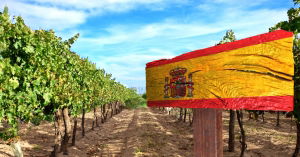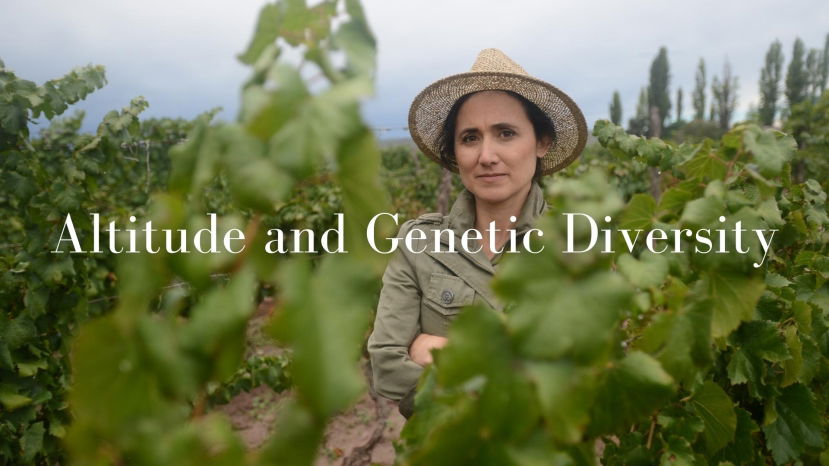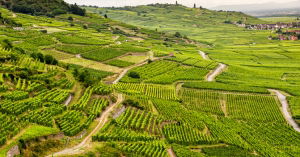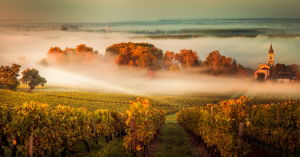BLOG
Climate change
Are you ready to dive into one of the world’s greatest wine-producing countries? If so, our next Spanish Wine Scholar Instructor-Led course is about to start, and we would love to have you join us! If you still aren’t sure, then take a look at these ten reasons why you should be studying Spanish wine.
Summary:
Bourgogne is evolving, with viticulture at the forefront of the change. Growers are confronted with climate change, characterized by shorter growing seasons, higher temperatures, increased sunlight, and drought incidents. In addition, an increasing number of producers are embracing a more considerate viticulture prioritizing plant and soil health, in an effort to increase vineyard longevity, sustainability, and overall wine quality.
In this webinar we will explore
Summary:
Thirty years ago, Nicolás Catena pioneered high-altitude viticulture in Argentina.
While searching for elegance and concentration, the Catena family found a strategy that today can be used for combatting climate change: "go higher". Malbec, Argentina’s leading red varietal was in decline and being pulled out.
Today, high-altitude Malbec
In the second part of our three-part series, acclaimed wine writer and critic Andrew Jefford surveys the latest wine trends in Alsace. From larger vineyards to the prospect of Premier Crus — not to mention the impacts of climate change on the region’s bevy of varieties — let’s take a look at Alsace’s recent history and where the region as a whole is headed.
Author of Inside Bordeaux, a book that has been described as the 'bible' by Le Figaro newspaper and a 'category buster' by Jamie Goode, Jane Anson has lived in Bordeaux since 2003. Here she takes a look at the wine trends that are shaping the region, its economy, its climate, the industry and its winemakers.
Page 2 of 2
- 1
- 2





